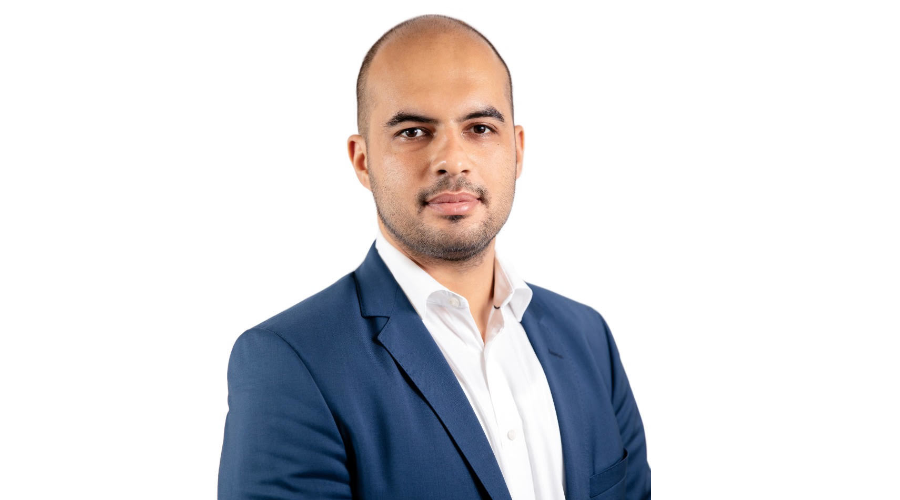The realities of fundraising in Iraq

Ali Al Suhail is the managing director at KAPITA, a development company that invests and incubates startups in Iraq. He is also the network manager for the Iraqi Angel Network
The fundraising environment in Iraq is getting exciting. Following the big news of Lezzoo securing a seven figure investment round, we are starting to see more activity with Iraq Tech Ventures leading a six figure investment round into Alsaree3/Zajil and Lezzoo acquiring Erbil Delivery. These activities increasingly validate the potential of the Iraqi market.
There are some interesting takeaways from what we have seen so far:
-
Investments are geared toward B2C startups models in the e-commerce and last mile delivery spaces.
-
Most investors are diaspora-based or foreign investors with established operations in Iraq.
-
Startups in the Series A stage, those with a validated product / market fit, well-established tech and clear business model are most attractive to investors.
The last point is understandable given the inherent risk and volatility in the Iraqi market. Investors require the security given by startups with well-established operations and validated business models.
On the other hand, we are seeing increasing support for companies at the concept and idea validation phase. Several bodies have taken interest in the space including the UN’s International Organisation Migration (IOM) which announced a grant programme for Iraqi startups through its Enterprise Development Fund-Innovation, Orange Corner Baghdad accepted its second cohort and the American University of Iraq Sulaimaniyah (AUIS) launched the Takween accelerator. All of these programmes are funded by donors and multilateral organisations and will help serve as a great pipeline for innovative and exciting startups to address the many problems that exist in Iraq
The intersection of investor appetite for Series A startups and development organisation support for pre-Seed startups has created a gap for startups at the Seed stage. We see many strong founders with exciting ideas that fail to build a business around them due to the ambiguity around funding. Founders with no path to funding end up resorting to building cheap technology infrastructures with an overreliance on freelancers within key functions of the business. The end result is a shaky operating model built up on weak technology that falls apart as soon as the company scales. To address this gap, we recently launched the first Iraqi Angel Investors Network to help startups at all stage, but focusing particularly on the Seed stage. These are the startups that can benefit immensely from local entrepreneurs and investors as ticket sizes are small and founders can benefit from their networks and local knowledge.
Founders themselves have a role to play as well to address this gap. There are a few things they can do to de-risk their business and make it more attractive to investors.
-
Register the business: Investors are very wary of the legal complexities of investing in a business without a legal form. While business registration is a lengthy and costly process, founders need to at least start the process before tapping investors.
-
Build in-house tech capabilities: When technology is a key part of the business, you need to build it in-house. You can outsource some components of your tech but ultimately you will need in-house talent to manage and maintain this front. Investors are more comfortable investing in startups with strong in-house tech talent.
-
Leverage your equity: The two most important factors that will determine startup success are the team and the market. In the early days of the business, paying a good salary is not possible, but founders can lure in strong talents with equity stakes.
-
Prepare to fundraise: As part of your fundraising, you need to create documents to market your business. Investors will look at your pitch and business plan as a reflection of your business and ambitions. Founders need to produce high quality documents with clear articulation of their ideas, plans and the target market.
-
Understand your strengths: From the very beginning, every person in your organisation chart needs to play a key role in the business, and that includes the founder. Founders cannot hide behind the CEO title and need to clearly demonstrate their value-add to the overall business.
Fundraising is a difficult task anywhere in the world and it is especially difficult within Iraq given the dynamics and the volatility of the market. Founders needs to build awareness of the challenges and dynamics associated with fundraising.
We expect to see more fundraising news coming out of Iraq prior to the end of this year. As more investors enter the last mile delivery and e-commerce spaces, we expect new investments to come into other areas of the market. We are seeing many startups looking to address challenges in the healthcare value chain in Iraq. There are another two sectors that are receiving international attention but have yet to see any real startup activity here - agritech and fintech. Fintech is of special interest as innovation in this space to help transform the cash culture in Iraq and move consumers toward online payment will have an immense impact on the ecosystem as a whole. Things are about to get interesting!
This article originally appeared in the Business Landscape Magazine by KAPITA - First Edition


